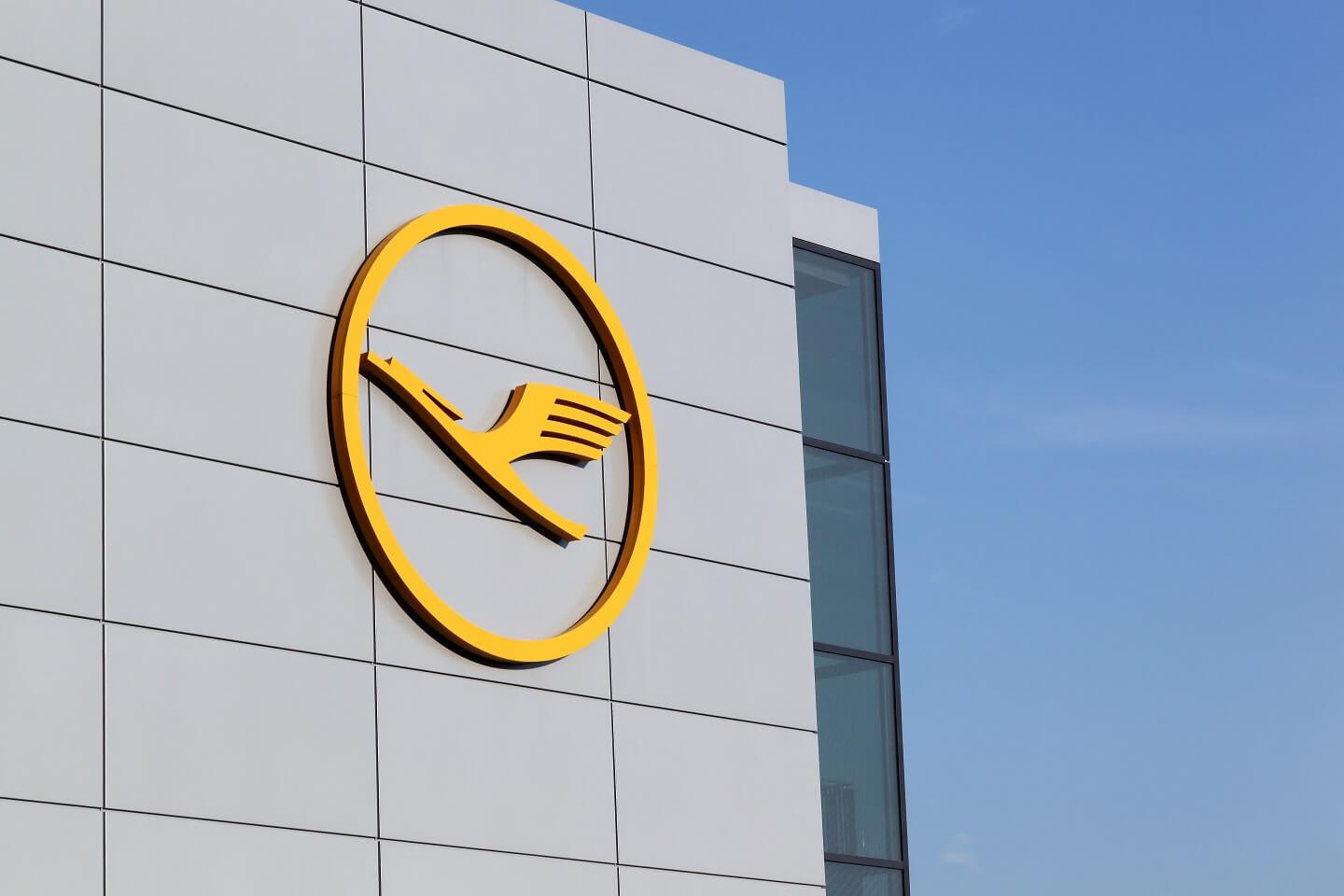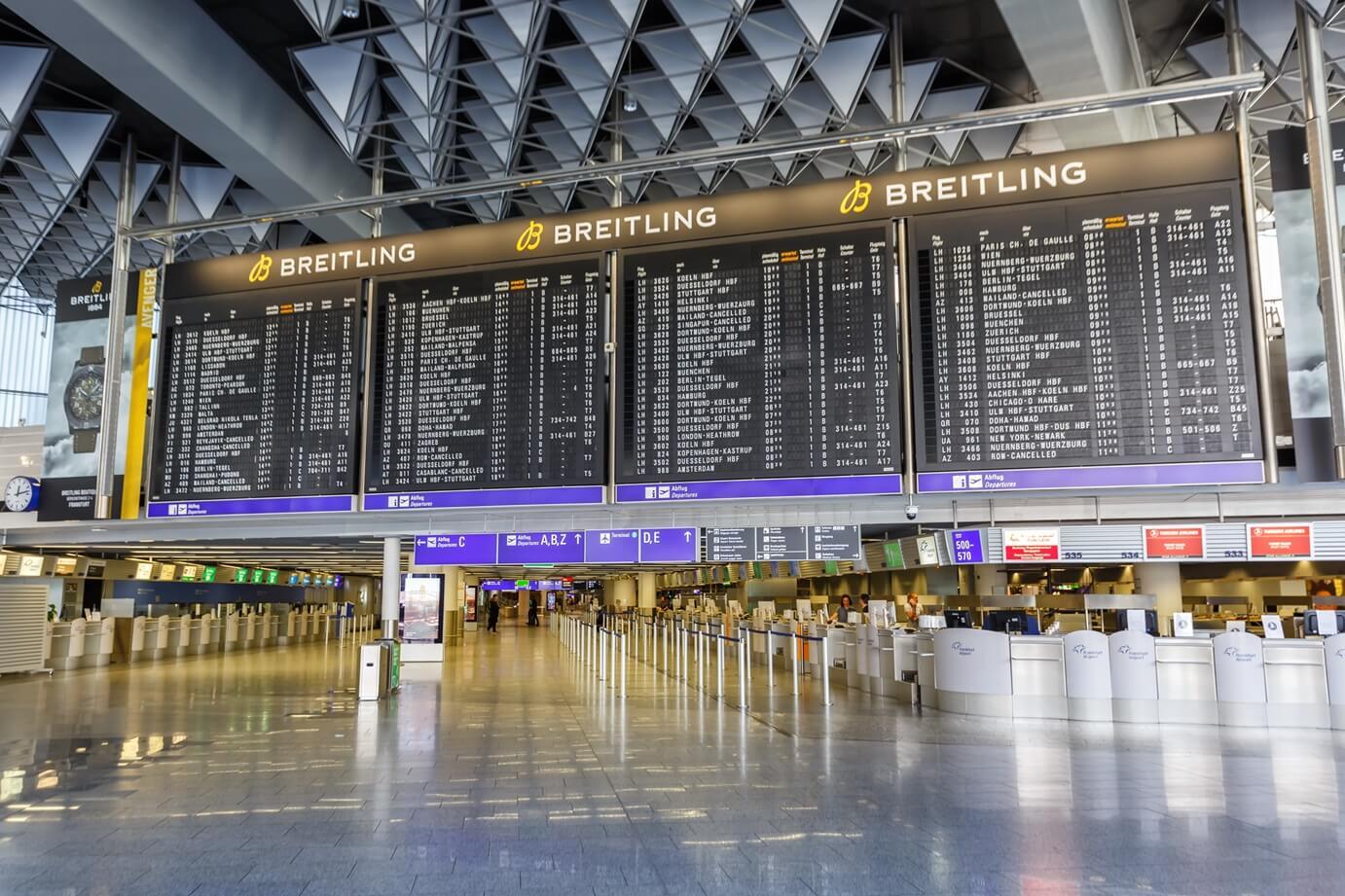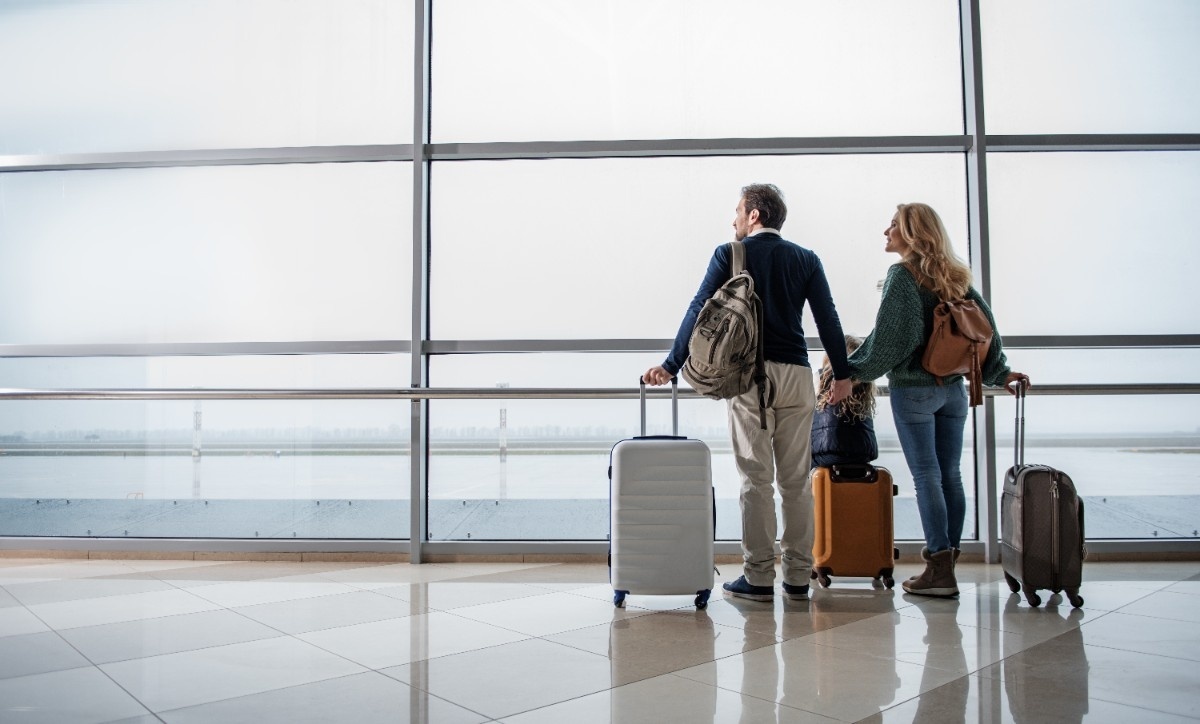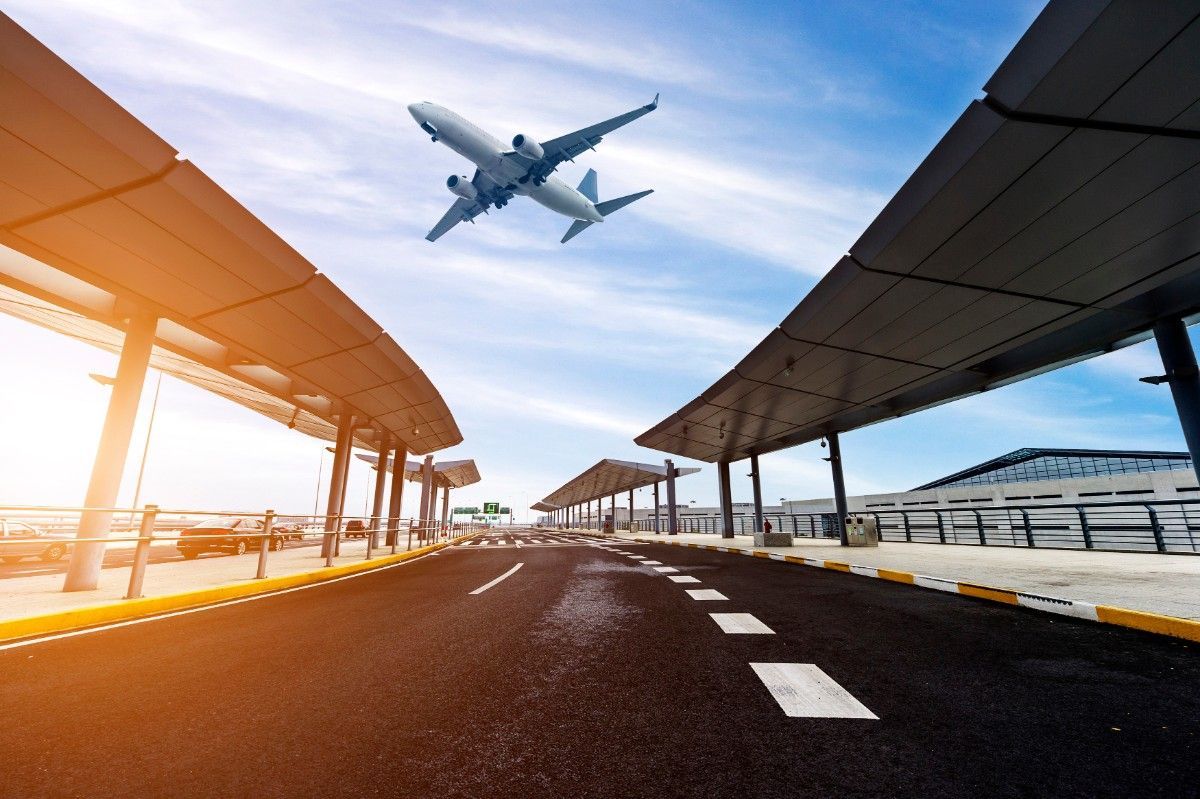Lufthansa pursues new low-cost airline amidst challenges

Lufthansa, one of the world's leading airlines, is making bold moves to expand its presence in the low-cost airline market, despite facing significant challenges in the aviation industry. In a bid to adapt to changing consumer preferences and capitalize on growing demand for affordable travel options, Lufthansa has announced plans to launch a new budget carrier. This strategic decision marks a significant shift for the renowned German airline as it navigates the complex dynamics of the post-pandemic aviation landscape.
Lufthansa expanding into the low-cost market
Lufthansa's venture into the low-cost airline market comes as no surprise, given the changing dynamics within the aviation industry. With the rise of budget carriers and increased competition from low-cost airlines, established legacy airlines must find innovative ways to stay relevant and meet evolving customer demands. By creating its own low-cost subsidiary, Lufthansa aims to capture a larger share of the growing budget travel market, which has gained momentum over the years.
Launching a new airline in today's economic climate poses several challenges for Lufthansa. The COVID-19 pandemic has left the aviation industry grappling with reduced demand, travel restrictions, and an uncertain recovery timeline. These factors have severely impacted Lufthansa's operations, resulting in significant financial losses. Moreover, the ongoing fuel price volatility and potential labor disputes add to the complexity of establishing a successful low-cost carrier.
Despite these challenges, Lufthansa's management remains optimistic about the prospects of their new venture. They believe that a carefully planned low-cost airline can leverage Lufthansa's strong brand reputation, operational expertise, and existing infrastructure to gain a competitive edge in the market.
Market opportunities and strategy for Lufthansa
The decision to launch a new low-cost airline aligns with the changing travel preferences of consumers. Price-conscious travelers increasingly seek affordable alternatives that provide value for money without compromising on safety and quality. Lufthansa recognizes this shift and aims to leverage its extensive network, fleet resources, and industry experience to develop a low-cost carrier that meets these expectations.
By entering the low-cost market, Lufthansa intends to tap into new customer segments and expand its reach to secondary airports, where low-cost carriers have traditionally thrived. The airline plans to offer point-to-point connections and simplified services, allowing passengers to choose from a range of fare options based on their preferences and needs. This approach aims to attract both budget travelers and those seeking additional services or flexibility, creating a diversified customer base.
Lufthansa: Synergies and cost efficiency
One significant advantage for Lufthansa in launching a low-cost subsidiary is the potential for synergies and cost efficiencies. By operating a separate low-cost carrier, the airline can optimize its fleet allocation, streamline operational processes, and negotiate more favorable supplier contracts. Additionally, the shared infrastructure, resources, and administrative support from Lufthansa's existing operations can contribute to cost savings and increased efficiency.
Lufthansa's decision to venture into the low-cost airline market represents a strategic response to the evolving demands of the aviation industry. Despite the challenges posed by the COVID-19 pandemic and fierce competition, the airline aims to leverage its brand strength and operational expertise to create a successful low-cost subsidiary. By expanding into the budget travel segment, Lufthansa seeks to capture new market opportunities, attract price-sensitive travelers, and strengthen its position in an increasingly competitive landscape.
While the road ahead may be challenging, Lufthansa's foray into the low-cost airline market demonstrates the airline's commitment to adapt and innovate. As the aviation industry continues to recover and travel demand gradually rebounds, the success of Lufthansa's new budget carrier will depend on its ability to deliver a compelling value proposition, efficient operations, and a differentiated customer experience.
Latest posts
Flight delays and cancellations in May 2025
Check which flights were delayed and cancelled in May 2025 – you may still be entitled to claim up to 600 € in compensation.
Could a flight delay cost you your job or career?
Flight delays are not just annoying they can derail careers. See how missed connections impact professional lives.
Can you sue the weather? Legal limits of delay claims
Weather delays frustrate travellers, but can you claim compensation? Exploring legal grey areas in flight disruptions.












